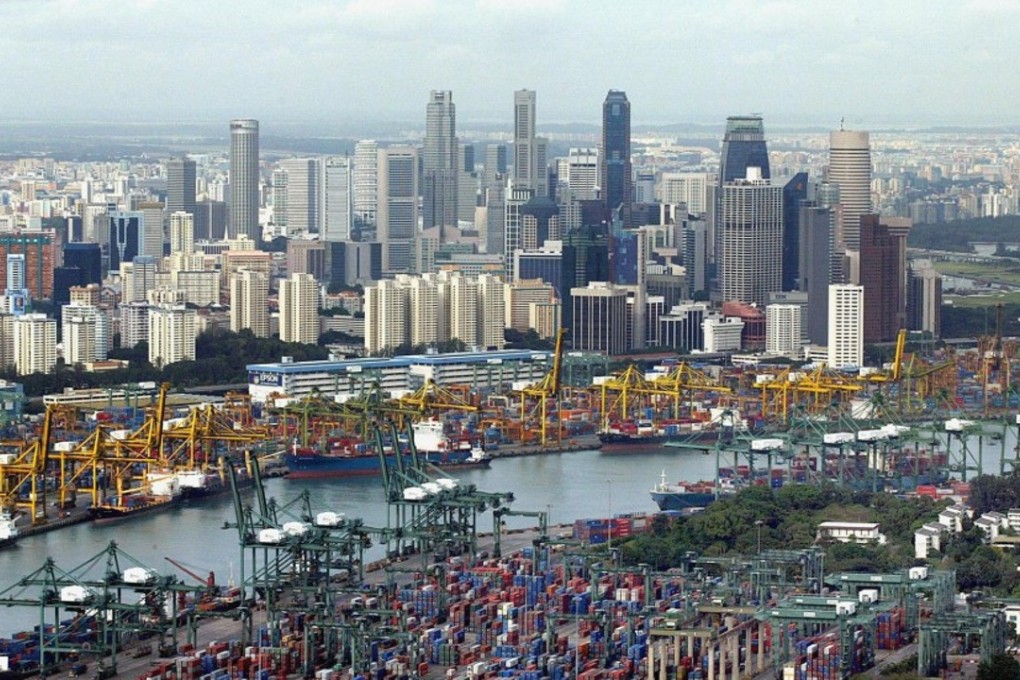Singapore’s rush to build data centres lures more Chinese firms, as Hong Kong feels the heat

Hong Kong , long known as the gateway to China, is seeing competition heat up with Singapore in efforts to attract more mainland companies that invest in data centre services for their international expansion.
Land-strapped Hong Kong has only three new data centres expected to go online over the next three years to support growing co-location activity, compared with seven new facilities planned in Singapore over the same period, according to Canadian research and consulting firm Structure Research.
“Singapore is increasingly being chosen as the preferred location over Hong Kong by major information-technology services, infrastructure and outsourcing providers,” Structure Research senior analyst Jabez Tan said.
He pointed out that advances in networking technology have enabled those providers, including the likes of Amazon Web Services and Microsoft’s Azure business, “to achieve consistent performance serving China and the rest of Asia from primary deployments in Singapore”.
Data centres are secure, temperature-controlled facilities built to house large-capacity servers and data-storage systems, and feature multiple power sources and high-bandwidth internet connections.